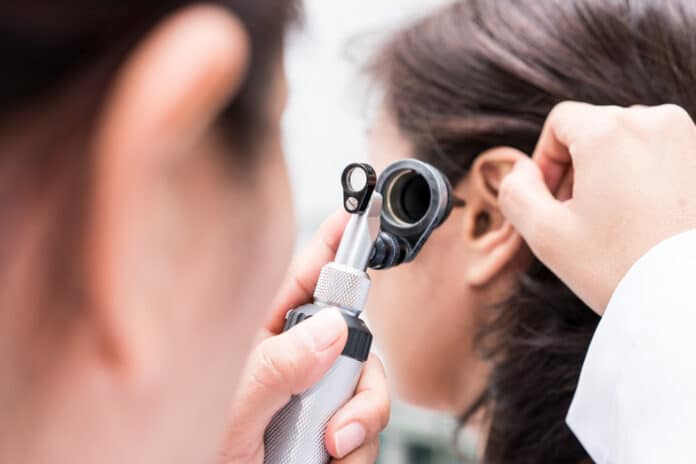
Discovering that a bug has found its way into your ear can be a terrifying experience. While it’s rare, it can happen to anyone, and knowing how to handle the situation calmly and safely is important.
Here’s what you should do if you have a bug in your ear.
What Should You Do If You Have a Bug in Your Ear
Stay calm
The first thing to do when you discover a bug in your ear is to stay calm. Panicking can make the situation worse, and the bug may become more agitated, causing more damage or pain.
Try to remain still
If the bug is still moving around, try to stay as still as possible. Moving your head can make the bug feel more uncomfortable, and it may try to dig further into your ear canal.
Tilt your head
Tilt your head to the side with the affected ear facing down. This may encourage the bug to crawl out on its own. Gently shake your head to help it along.
Use gravity
If the bug doesn’t come out on its own, you can try using gravity to remove it. Lie down on your side with the affected ear facing down, and let gravity do its work.
Use oil
If the bug is still stuck, you can try using oil to lubricate your ear canal. With a dropper, put a few drops of oil, like olive oil or mineral oil, into your ear canal. This may help the bug to slide out more easily.
Seek medical help
If the bug is still stuck in your ear after trying the above methods, seek medical help. A doctor or nurse can use special tools to remove the bug safely and effectively.
Prevent future occurrences
To prevent future occurrences, make sure to wear earplugs or protective gear when working outside or in areas where insects are common. Keep your ears clean and dry, and avoid using objects like cotton swabs to clean your ears, as this can push earwax deeper into the canal.
Conclusion
Discovering a bug in your ear can be a scary experience, but it’s important to stay calm and handle the situation safely. Try to remain still, tilt your head, use gravity, and lubricate your ear canal with oil if necessary. If the bug doesn’t come out, seek medical help immediately. By taking these steps and preventing future occurrences, you can boost the health and safety of your ears.


















